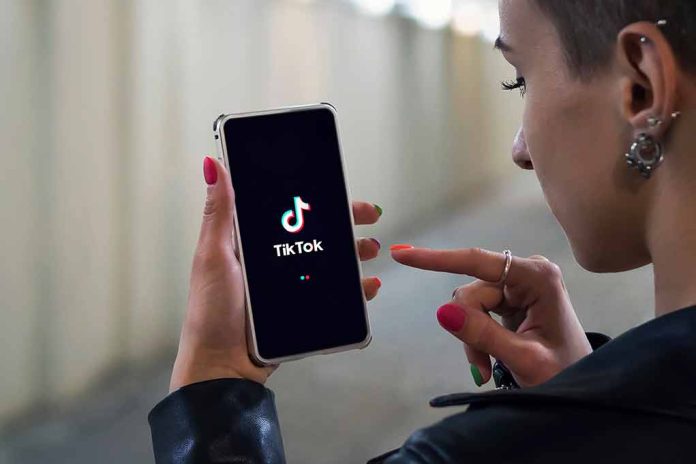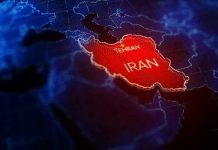
President Trump stuns critics by expressing a “warm spot in my heart for TikTok” while navigating the complex divestment requirements that could determine the future of social media regulation in America.
Key Takeaways
- President Trump is willing to extend the June 19 deadline for ByteDance to divest TikTok’s U.S. operations, potentially preventing a nationwide ban.
- The TikTok divestment situation is complicated by ongoing U.S.-China tariff disputes, with Trump using 145% tariffs as leverage in negotiations.
- Despite signing legislation requiring Chinese divestment, Trump has already delayed enforcement twice in 2025, showing a shift in his approach.
- Trump’s personal TikTok account has garnered 1.4 billion total views, potentially influencing his newfound appreciation for the platform.
- TikTok’s U.S. user base has grown from 150 million to 170 million between February 2023 and January 2024, increasing its economic and political significance.
Trump’s Surprising Stance on TikTok
President Trump has signaled a willingness to further extend the deadline for ByteDance to divest from TikTok, marking a significant shift in the administration’s approach to the Chinese-owned social media platform. In recent statements, Trump revealed an unexpected personal connection to the app, which has become a critical communication channel with American voters. The President’s position reflects the complex balance between national security concerns and the platform’s massive popularity among American users.
“Perhaps I shouldn’t say this, but I have a little warm spot in my heart for TikTok,” said President Donald Trump.
Trump’s evolving position comes after he had already delayed the TikTok ban twice in 2025. The law requiring ByteDance to divest TikTok’s U.S. operations was originally signed by President Biden before Trump took office. Since then, Trump has instructed the attorney general not to penalize app store owners who continue to offer TikTok, effectively allowing the platform to remain accessible despite the legal requirement for divestment.
SCOOP: People involved in the @WhiteHouse @tiktok_us deliberations say the deadline extension announced by Trump to prevent the ban is in part a byproduct of the trade war with China. It takes off the table a deal with Xi to put TikTok in US hands until Trump can negotiate a…
— Charles Gasparino (@CGasparino) April 4, 2025
Economic Leverage and Negotiation Tactics
The TikTok situation has become intertwined with broader U.S.-China trade tensions. Trump has implemented 145% tariffs on Chinese goods, which he describes as providing significant economic leverage in forcing China to negotiate on multiple fronts, including the TikTok divestment. Despite this pressure, Trump has made it clear that the tariffs and TikTok negotiations are separate issues that won’t be directly traded against each other in discussions with Beijing.
“At some point, I’m going to lower them because otherwise, you could never do business with them,” said Donald Trump.
Beijing has publicly denied engaging in conversations with the White House regarding TikTok, although reports indicate they are considering broader trade talks. The Chinese government is reportedly “not very happy about our Reciprocal Tariffs,” according to Trump, suggesting that economic pressure is creating an environment where Beijing might be more willing to compromise on the TikTok ownership structure to prevent a complete ban of the platform in the United States.
TikTok’s Growing Influence and User Base
TikTok’s importance in the American social media landscape continues to grow, with its U.S. audience expanding from 150 million to 170 million users between February 2023 and January 2024. This massive user base represents significant political and economic power, which has not gone unnoticed by President Trump. His personal TikTok account has garnered an impressive 1.4 billion total views and averages 24 million views per post, demonstrating the platform’s effectiveness as a communication tool.
“On behalf of everyone at TikTok and all our users across the country, I want to thank President Trump for his commitment to work with us to find a solution that keeps TikTok available in the United States,” said Shou Zi Chew, CEO of TikTok.
Trump’s approach to TikTok represents a balancing act between national security concerns related to Chinese data access and the reality that the platform has become deeply integrated into American culture and communication. The President has shown pragmatism in his willingness to explore solutions that might include a joint venture with U.S. ownership rather than an outright ban, recognizing both the security concerns and the platform’s importance to millions of Americans.









